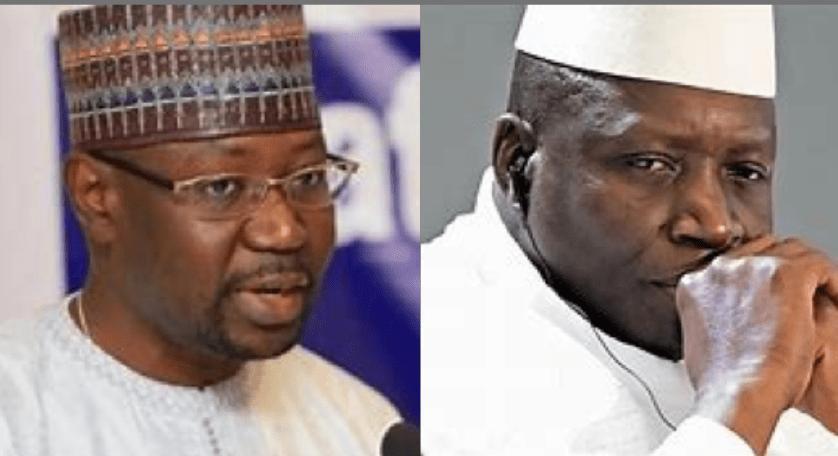By Alagie Saidy-Barrow
Africa-Press – Gambia. I read Mr Mai Fatty’s position on prosecuting Jammeh, and to a large extent, I understand where he is coming from. I think we should have a conversation about the cost of prosecuting Yahya Jammeh, given our sociopolitical and financial realities. Perhaps, I understand Mai’s position differently, but I don’t think Mai is asking for Yahya Jammeh to be forgiven or that he should not be prosecuted as some of his detractors seem to imply. Rather, Mai is questioning the efficacy of prosecuting Jammeh and a few of his soldiers for billions of dalasis when, in his opinion, that money could be better spent on taking care of the victims. I think that is a fair point to raise.
For a bit of context, a similar process in Sierra Leone called the Special Court for Sierra Leone operated for eleven years with about 400 staff members, and by the time it ended, they spent around $300 million (three hundred million dollars). They prosecuted 13 individuals and convicted only five of them (some say twelve), including Charles Taylor. Data from IOM shows that the Sierra Leone Reparations Program registered “32,148 civilian victims of war, of whom 13,283 were war widows, 8,677 child victims, 5,448 war-wounded, 3,602 victims of sexual violence and 1,138 victims of limb amputation.” The total amount spent on these victims was less than $5 million (five million dollars), and this was through the UN Peace Building Fund. Some victims received around $2000 (I have not seen any amounts more than $2000), while others received other forms of reparations like counselling services, job training, etc. The larger point is to question whether the $300 million (three hundred million dollars) spent on prosecuting 13 individuals could have been better utilised. The question that must be asked is whether more resources should be poured into prosecutions or reparations. Mind you, pouring more resources into prosecutions benefits the elite more than it will benefit the victims.
So yes, I think we should have the conversation Mai Fatty raised. Never mind that we don’t have the funds to begin with. Better yet, never mind that the Adama Barrow Government is certainly not going to spend Gambian-owned funds to prosecute Yahya Jammeh or give it to the Victims. Critically, a major international donor, the USA, is looking into making drastic cuts (up to 50%) to their State Department which is going to affect UN funds. So who knows if the Barrow Government is going to get the money they are begging for? But I still think it is a conversation worth having.
Here is where Mai Fatty left me scratching my head. He is quoted as saying:
“I believe that our priority must be to provide the victims with the support they deserve—not just through words, but through actions.”
I hope Mai Fatty looks in the mirror to realise that by aligning his party with the APRC, the very political party that was abusing the rights of Gambians, his words sound a bit hollow. The leadership of the APRC has never come out to accept any responsibility for the abuse of Gambians. Sayyindi Jatta and his lieutenants continue to call the rape and killing of Gambians “mistakes.” So when Mai Fatty stated that, “We must let go of the divisiveness of the past and come together as one people. We cannot be consumed by hatred or vengeance; we must look forward, not backward…” he completely lost me. Certainly, it cannot be lost on Mai Fatty that the divisiveness he decries is exactly what he was exacerbating when he aligned himself with rape and murder apologists of the APRC. Interestingly, Mai Fatty wants us to look forward but also proposes “that we strengthen the existing Special Division of the High Court, which is already in existence to handle post-TRRC prosecutions. By empowering this division with the required resources and human capacity, we can ensure that justice is delivered in a cost-effective and timely manner.” Is handling post-TRRC prosecutions not “looking backward?” or am I missing something?
Source: The Standard Newspaper | Gambia
For More News And Analysis About Gambia Follow Africa-Press






